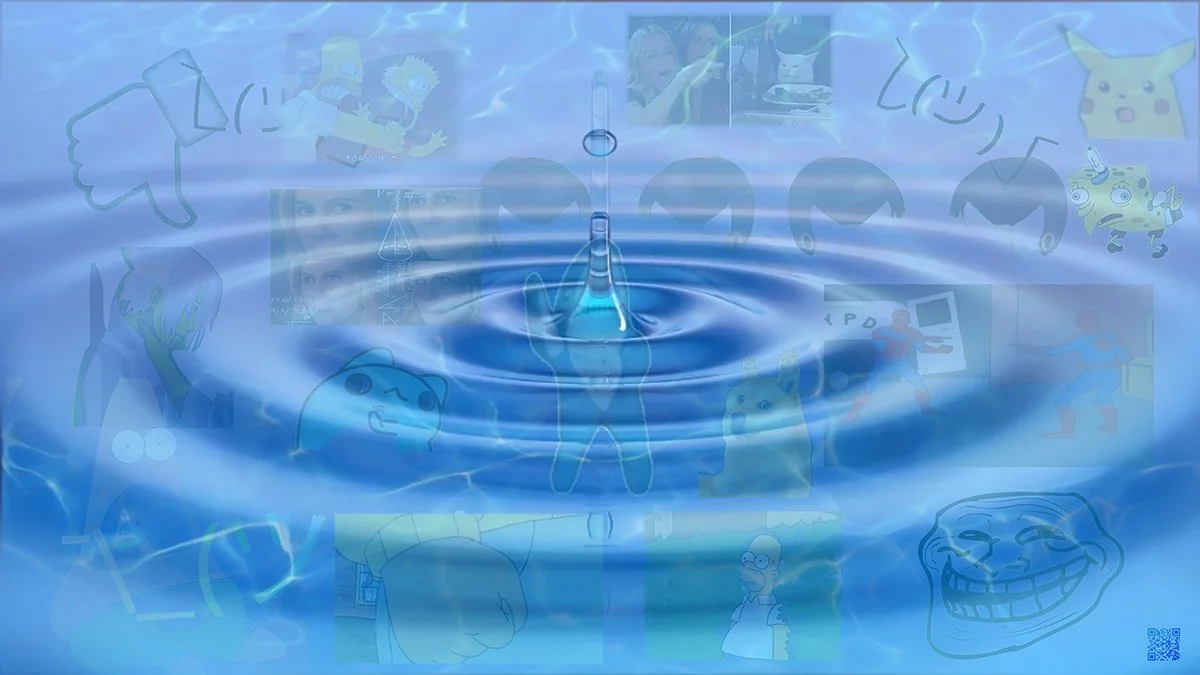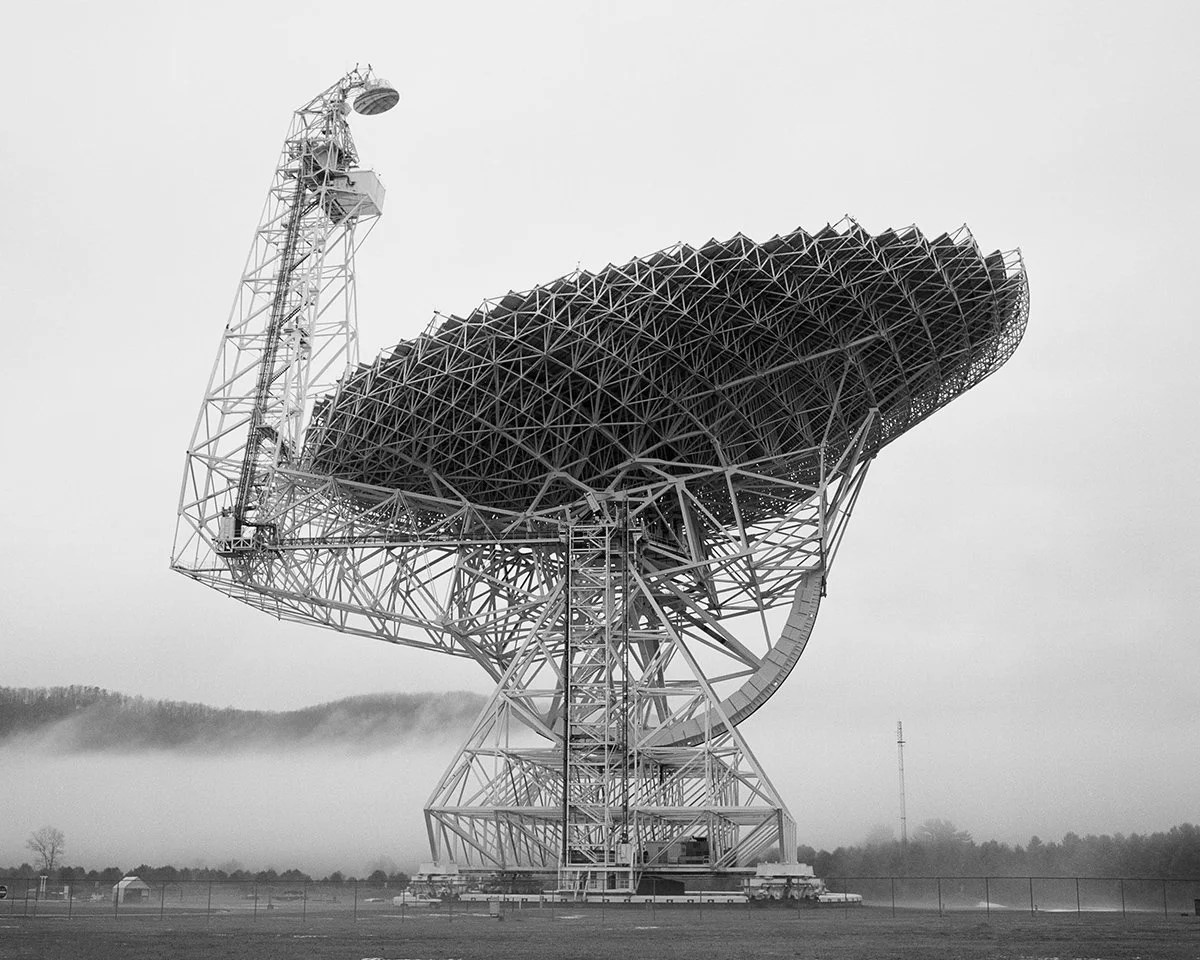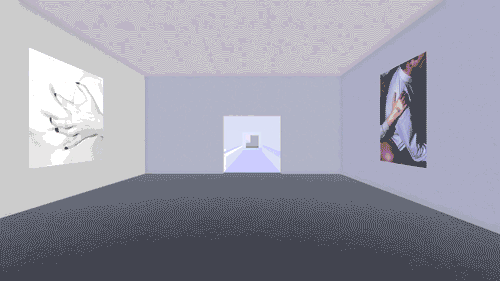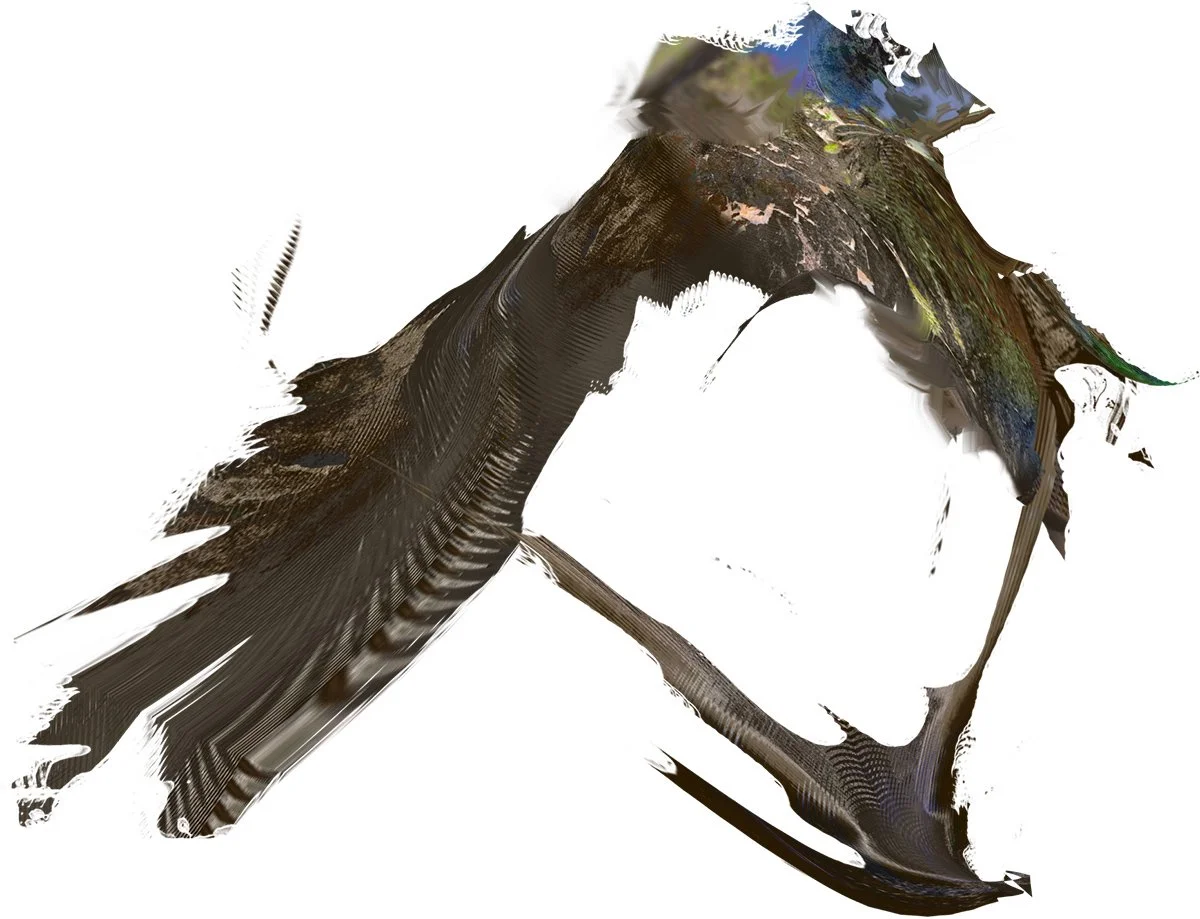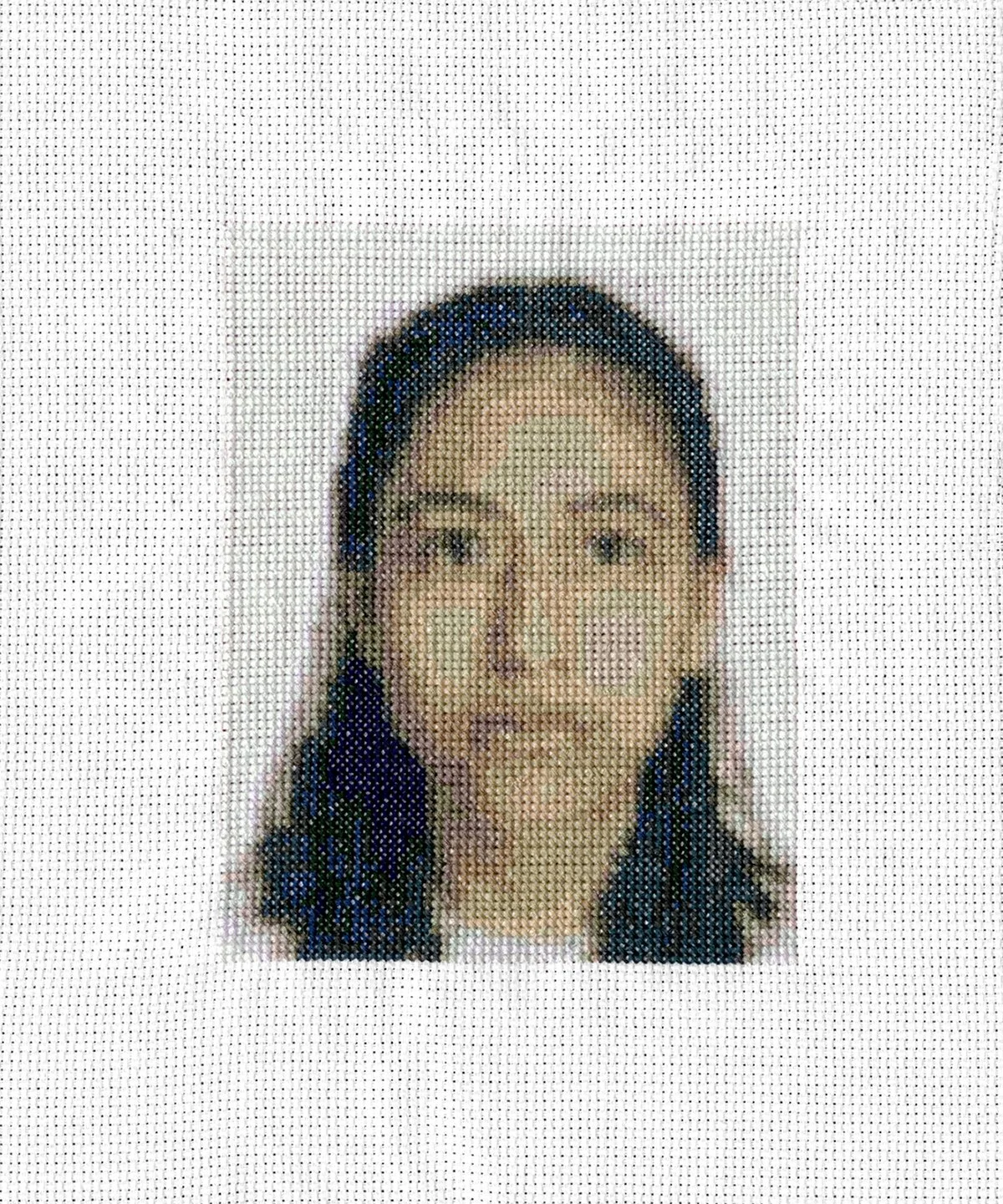© Karim Amir
Localhost promises a new strategy to the often out-of-reach artist residency
The concept of the artist residency is nothing new – an opportunity to focus one’s time on making work, trying new ideas, and often connecting with other artists. While not necessarily closing off from the rest of the world, it can be a time to free one’s self of other obligations and focus on craft, ideas, and creative breath.
But many residencies are highly competitive, have lengthy (and costly) submission details, and require travel and life pauses that not everyone has the luxury of making. And the pandemic can feel like an obstacle for many artists to engage in something location-based.
Enter Localhost - a new way of thinking about the artist residency – one that has more inclusive possibilities, and, in founder Drew Nikonowicz’ words, “comes to you….”
There’s no submission fee, no travel requirement, and each artist is paid a $125 stipend to participate.
Less than two weeks shy of the open call deadline, I spoke with Nikonowicz to learn more about the ideas behind it, some exciting work that came from the 2021 cohort, and why now, more than ever before, is the time to apply.
Get on it and submit today, folks!
Jon Feinstein in conversation with Drew Nikonowicz
© Crystal Beiersdorfer
Jon Feinstein: What sparked the idea for this residency?
Drew Nikonowicz: In August of 2020 I started live-streaming art and video games on Twitch. At about the same time I started a Discord server for the Localhost community. Before that, Localhost was an experimental space and curatorial project. I saw the Discord as an opportunity to organize further and bring more voices into the fold - both casually and more professionally.
© Chase Barnes
Feinstein: Can you elaborate?
Nikonowicz: I had a lot of ideas when I started streaming. Live critiques, new virtual galleries, etc. The impetus to start streaming came, in part, from the success of Full House, which was a remotely accessed rover that lived inside a tangible, miniature gallery on my studio table. The exhibition was free to submit after providing proof of donation to a charity or artist of your choosing. Each week I went live on Instagram to install the new artworks. Especially during the start of the pandemic, I realized mutual aid was both really important to me and admittedly very emotionally rewarding.
By the end of 2020, I was earning enough each month on Twitch to fund something for Localhost. I played with a few ideas but ultimately landed on the residency. Shortly thereafter I announced the residency, had an application cycle, and then began paying artists for their hard work.
This is LocalHost
Feinstein: Why is this particularly relevant now?
Nikonowicz: Above all else, mutual aid, community-building, and there is never a bad time to pay artists for their labor. Localhost does serious work without taking ourselves seriously. So the residency becomes a space for folks to share, explore, and experiment without punishment or judgement.
The community is also inclusive and welcoming to folks of all backgrounds and identities. It’s a cool, fun way to meet new artists for me and the community at large.
© Ráchel Plutón
Feinstein: How does this differ from, or create new value from other residencies artists may be familiar with? What makes it unique and special?
Nikonowicz: Localhost is a term used in computer networking, which refers back to the source computer. The name is taken to illustrate that you can engage with Localhost programming remotely - we come to you. This means artists can participate in the residency from anywhere. Being completely virtual affords us a lot of flexibility. The amount of labor we’re asking of artists is more proportionate to the opportunities and funding we provide in kind.
I also don’t think we need to reinvent the wheel. There aren’t enough free-to-submit opportunities for artists. There aren’t enough paid opportunities for artists. I wanted to offer both of these because it’s the way things should be and for the example it sets. Localhost is, in many ways, a small community and organization - if we can do it so can everyone else.
© Reniel Del Rosario
Feinstein: That’s awesome. What worked most successfully with the 2021 cohort?
Nikonowicz: Artists who try something new or engage with the community in a unique way are the most fun for everyone involved. For example, Rachel Pluton designed 4 custom emotes for the Discord server that folks continue to use in conversation there. Reniel Del Rosario makes ceramic replicas of common objects and famous artworks and gives them to people he meets. We brought that to the residency by giving away 20 ceramic cigarettes to 20 random community members.
We’ve also hosted group calls for artists to casually share their work with the community, and more. The most successful months have definitely been the ones where the artist collaborated with the community to create something (physical or digital) that we get to carry into the future. I would really love to see more Localhost-specific proposals, but this is certainly not required!
© Nancy Rivera
Feinstein: Who should submit? Who will benefit most from this?
Nikonowicz: I would especially encourage artists who are eager to engage with a welcoming online community of folks to apply. Participating virtually is a requirement, so I would be sure you’re interested in discussing your work in Discord and sharing with the community via Instagram.
The application form has been cleaned up and simplified even more than it was last year. I recently discovered Access Gallery and I was inspired by the way they’ve decreased the labor required to submit. I borrowed some of those things with the Localhost application. I’ve moved away from asking for CVs and other achievement-based criteria in favor of artists’ ideas and providing a more inclusive and accessible submission form.
The Localhost community is also a safe space, dedicated to injecting matters of diversity, equity, and inclusion into our space and conversations. I’m committed to a strong culture of calling in, not calling out, where folks of all backgrounds feel safe. The Read Me page is a great place to start for artists curious to learn more about the culture of the community.
If you’ve made it this far and any of this has resonated with you, I hope to see your work!


